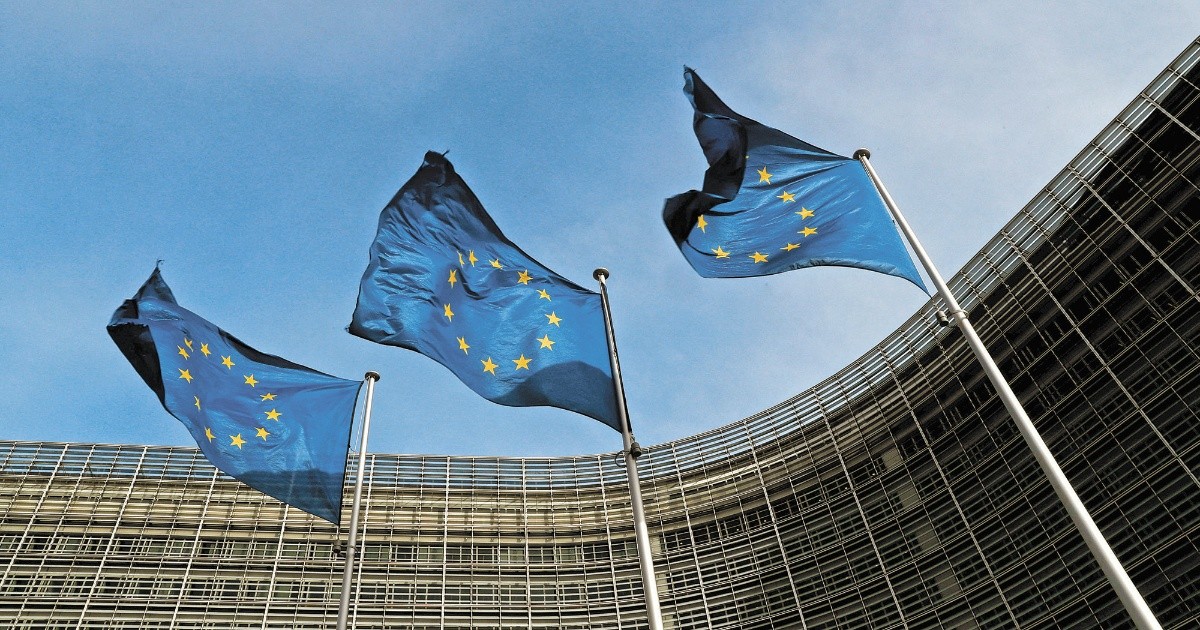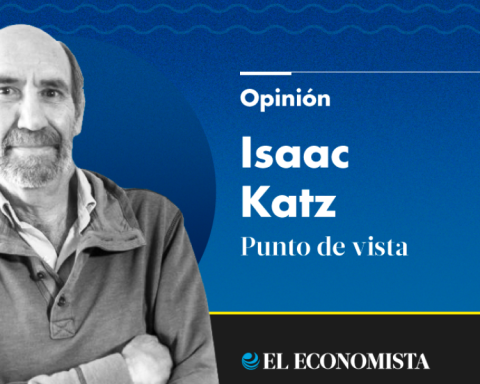Sweden assumes on January 1 the semi-annual presidency of the European Union (EU) with the desire to curb any protectionist impulse, but this program could increase internal tensions at a time when Germany Y France they want to harden the tone before the United States for its plan of massive subsidies.
The new Swedish government will also have to clear up the questions raised by the entry into the ruling coalition of the far-right Swedish Democrats (SD), the great winner of the legislative elections in September.
That coalition, which put an end to eight years of left-wing governments, elevated Prime Minister Ulf Kristersson, of the Moderates party, in alliance with the Christian Democrats and the Liberals as well.
The Sweden Democrats party, now a member of the parliamentary majority, stopped calling for Sweden’s exit from the European Union. But friction seems inevitable on some sensitive issues, starting with immigration.
“There are a lot of fine words in the prime minister’s article about the priorities of the Swedish EU presidency. But there is great concern, as in practice the SD holds the reins,” says Social Democrat MEP Helene Fritzon.
The Tidö agreement (the castle where it was negotiated) between the four partners of the majority, determines that the SD legislators must be informed of all the decisions of the Executive related to the EU. “But in general, EU issues are not part of the agreement,” says Göran von Sydow, director of the Swedish Institute for European Studies (Sieps).
Von Sydow is concerned instead that “most of the ministers and their closest collaborators have very little experience in European meetings.”
Sweden, apart from promoting “economic competitiveness”, will seek to maintain the unity of the 27 EU countries against the Russian invasion of Ukraine and defend “fundamental values” in the face of the controversial measures adopted by Hungary and Poland.
“A distant relationship with Europe”
Sweden, which is not part of the euro zone, “has a rather distant relationship with Europe”, comments Sébastien Maillard, director of the Jacques Delors Institute, who foresees a six-month presidency that “will do its duty” but “without being too zealous”. in it and without giving new impulses.
Contrary to the last two rotating presidencies (of France and the Czech Republic), when two summits of the EU in Versailles and Prague, no such meeting is planned for the next six months.
And the ministerial meetings will be held in a modest conference center near Stockholm’s main airport.
Sweden’s willingness to revive free trade negotiations with other countries and regions could be constrained by action by Germany and France, the bloc’s two largest economies, to come up with a common response to the US Inflation Reduction Act (IRA).
That plan, financed with 420,000 million dollars, dedicated mainly to the protection against climate change, foresees reforms and subsidies to boost companies based in the United States.
French President Emmanuel Macron denounced its protectionist character during a recent visit to Washington.
The Internal Market Commissioner of the EUThierry Breton, warned that the IRA program will cause “distortions of competition, to the detriment of EU companies”.
“The Swedish presidency will probably find itself in contradiction with the Franco-German negotiations that are being prepared,” says Sébastien Maillard.
Sweden It joined the EU in 1995 and this will be the third time it has held the bloc’s six-month presidency. The previous ones were in 2001 and 2009.
Swedish political parties maintain a pro-European stance, but initial enthusiasm has waned in recent years.
In 2003, the Nordic country refused to join the euro zone by referendum and currently two out of three Swedes still prefer to keep their currency, the Swedish krona, according to opinion polls.
kg
















